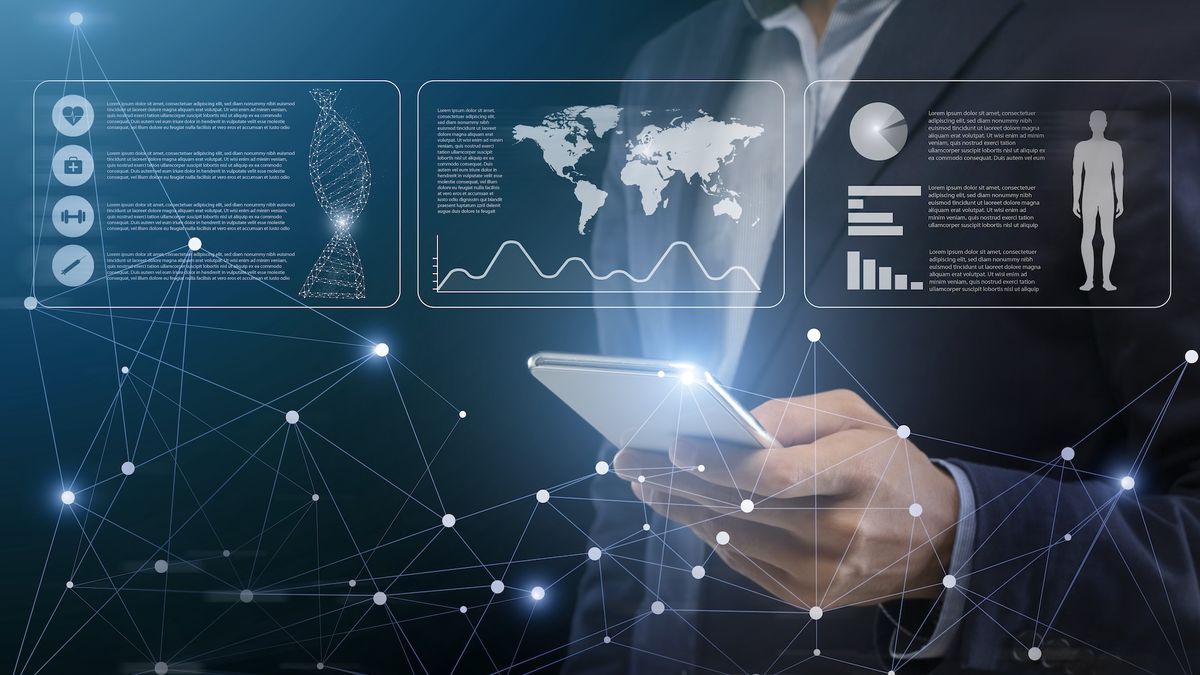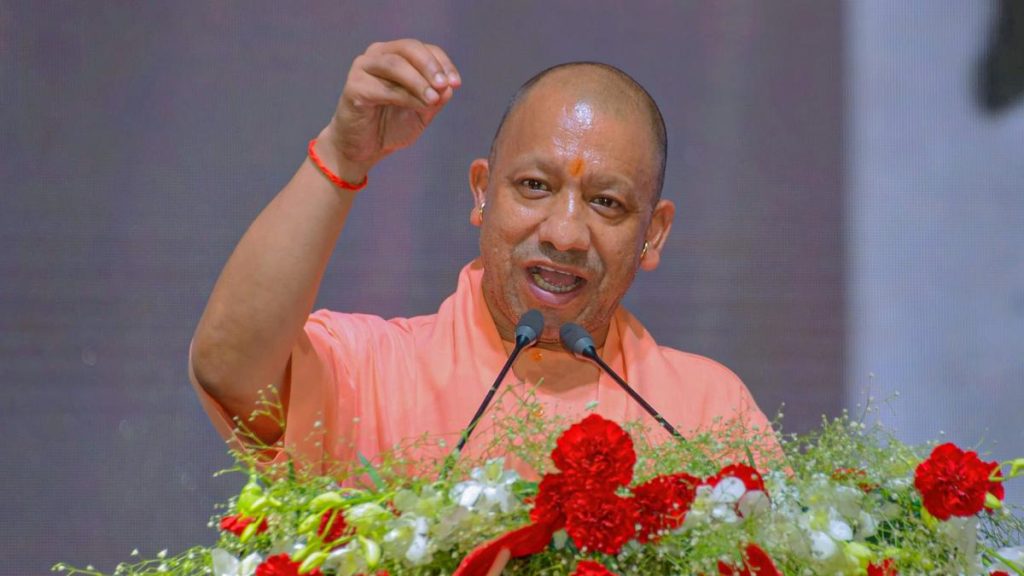Now Reading: How Your Devices Share Data with AI-Even While Asleep
-
01
How Your Devices Share Data with AI-Even While Asleep
How Your Devices Share Data with AI-Even While Asleep

Fast Summary
- Artificial intelligence (AI) is embedded in everyday devices like toothbrushes, smartwatches, and smart home speakers, designed to collect user data to optimize functionality and offer personalized feedback.
- Generative AI platforms like ChatGPT and Google Gemini record everything users input into prompt screens, analyzing data for future improvements while retaining the ability to anonymize or reidentify it.
- social media platforms such as Instagram and TikTok use predictive AI systems to analyze user behavior thru posts, likes, comments, and browsing habits. This information may be sold to third-party data brokers or used for targeted advertising via recommender algorithms.
- Smart devices frequently enough record conversations inadvertently due to continuous “always listening” features triggered by wake words. Data stored on cloud servers risks falling into unauthorized hands such as advertisers or law enforcement agencies.
- Certain companies roll back privacy protections: Amazon Echo will upload all voice recordings directly to Amazon’s cloud by default starting March 2025 without user opt-out options for this feature.
- Fitness trackers were noted as a privacy concern after Strava’s heat map unintentionally revealed sensitive global military locations in 2018; health data from these devices falls outside U.S. HIPAA protection laws.
- Cybersecurity threats linked with AI systems include vulnerabilities leading to cyberattacks capable of compromising private information.
For more details: Read More
Indian Opinion Analysis
The pervasive integration of AI across devices presents both opportunities and challenges for India’s digital ecosystem. With increasing reliance on generative and predictive AI tools among Indian consumers-especially in tech-centric sectors-and the country’s push towards becoming an innovation hub under digital India initiatives, questions about how personal data is being harvested merit urgent attention.india does not currently possess complete personal data protection laws akin to the European Union’s GDPR or America’s CCPA (California Consumer Privacy Act).the absence of stringent safeguards may expose Indian citizens’ biometric and behavioral datasets stored by these tools to surveillance risks or exploitation by global corporations. Additionally, concerns about transparency highlight that terms-of-service agreements are often dense documents deterring consumer engagement-an issue relevant universally but notably impactful where digital literacy rates vary widely across India’s population.
As policymakers prepare frameworks like the Digital Personal Data Protection Bill 2023 aimed at balancing growth with security interests, they must address risks associated with advanced technologies including IoT-enabled smart homes prevalent among urban elites.Companies operating within India must prioritize informed consent mechanisms alongside localized accountability measures tailored beyond mere compliance boxes-a crucial step forward before embracing generative efficiencies wholesale.
Images from raw content:
!Image1
Caption: “AI tools gather information about you from many types of devices.”
!Image2
Caption: “ChatGPT stores everything typed into its prompt screen.”

























